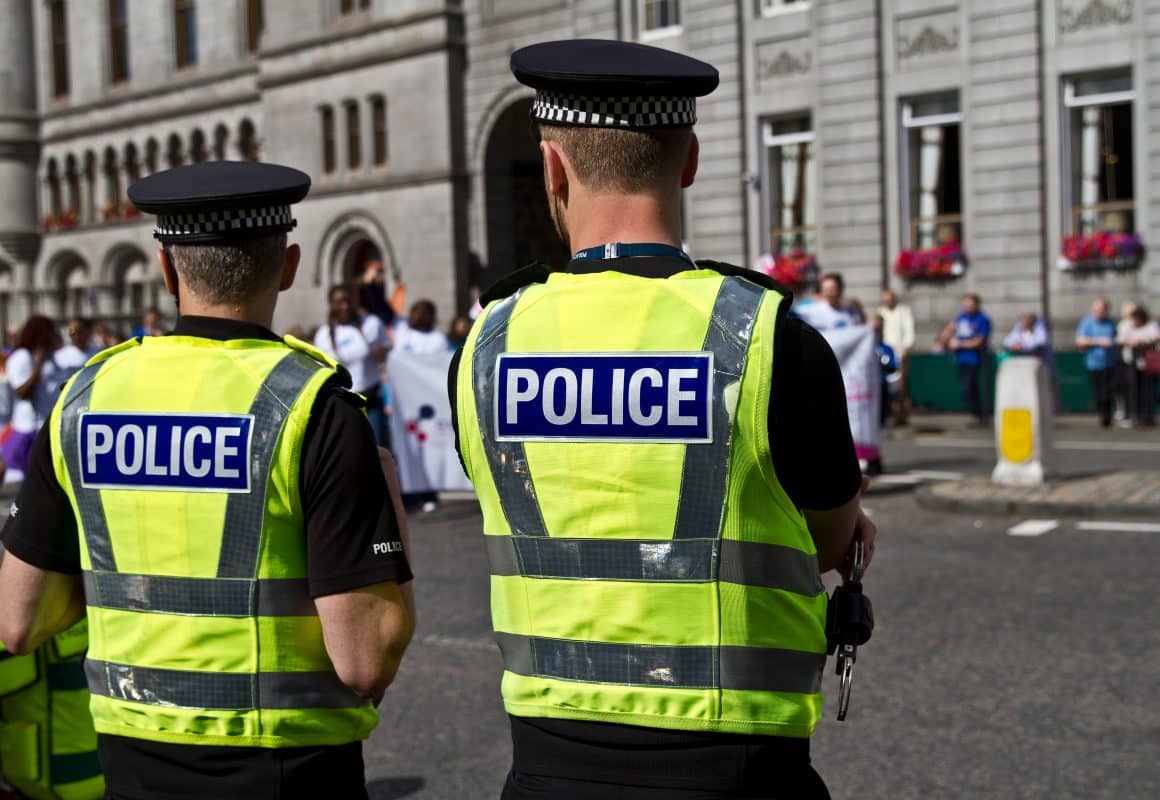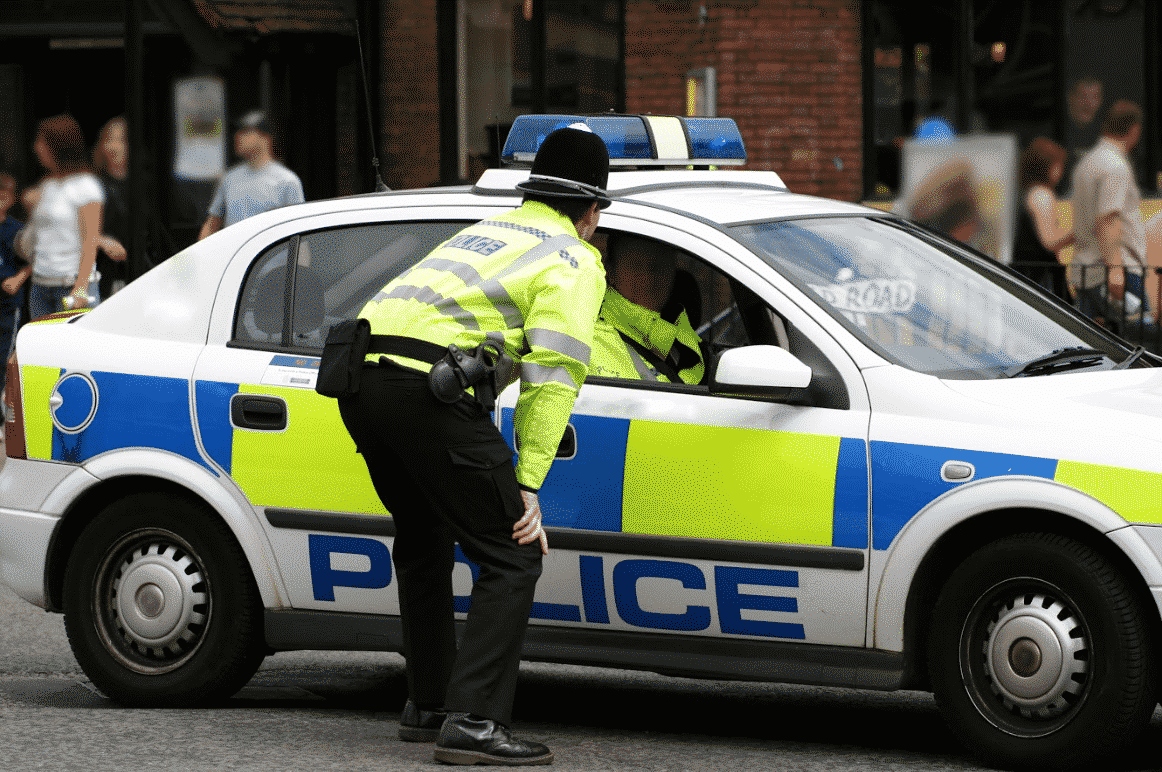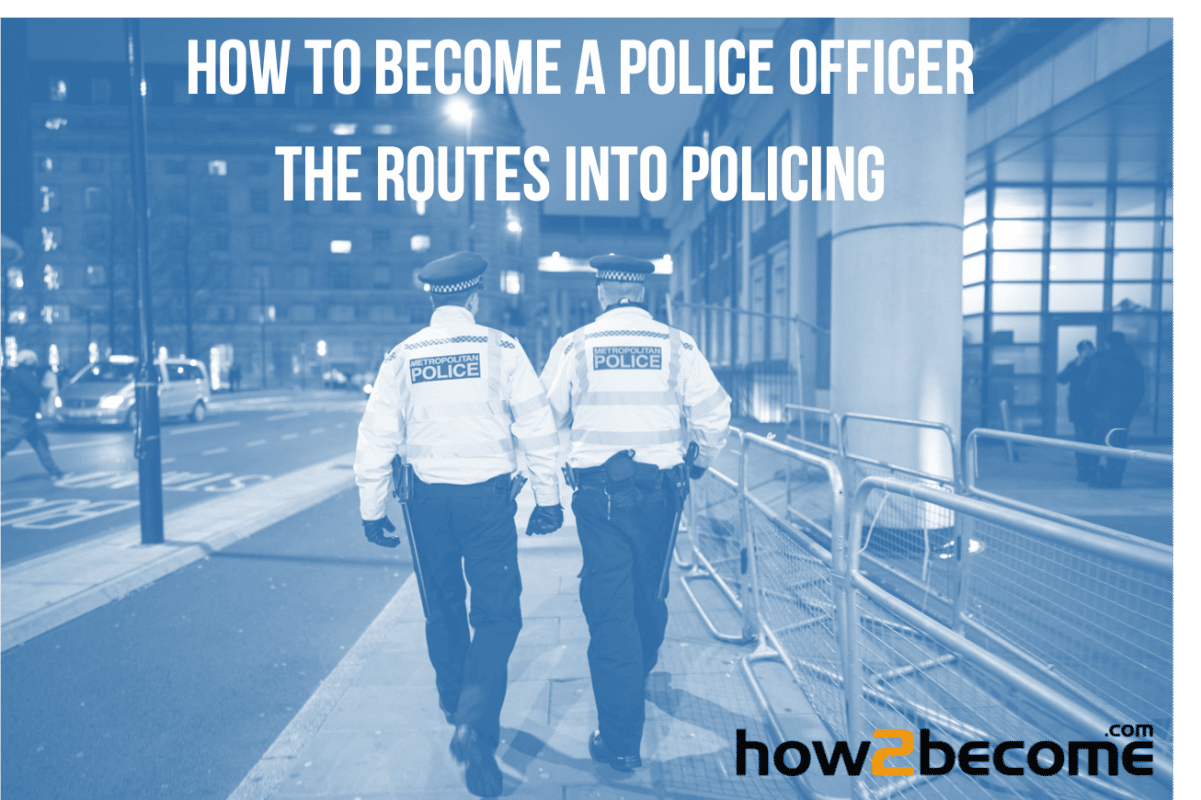IMPORTANT! – CHECK ELIGIBILITY CRITERIA
Before applying to become a police officer and considering the entry options, the first step you should take is to check if you are eligible to apply for the position. This would not take long and you will be able to quickly determine if you are eligible or not. Better to find out this way than six months down the line, about to sit your final interview, only to be informed that your application has been rejected due to the eligibility criteria. What a waste of your time that would be!
WHAT ARE THE ROUTES INTO POLICING
At the time of writing there are three current standard routes into policing, two of which evolve around either holding a degree or training to obtain a degree whilst working as a police officer. These are known as PCDA and DHEP. The third and final entry route is the more traditional route called IPLDP. This was used by police services prior to the introduction of the PCDA and DHEP routes.
In the following sections we will look at each of the different entry routes separately allowing you to make an informed decision on which route is more suitable for you.
POLICE CONSTABLE DEGREE APPRENTICESHIP (PCDA)
The police constable degree apprenticeship or PCDA is a three-year course which will see you split your time working as a police officer and studying for a degree in professional policing practice. After completion of the course and assuming you pass, you will then be a fully ranked police officer, being able to take advantage of various training opportunities and apply for more specialist police officer roles.
PCDA ENTRY REQUIREMENTS
To apply via the PCDA route, you will be expected to have GCSEs at grade C/Level 4 in English and Maths. You will also need to have at least 32 UCAS points.
If you have less than the required qualifications, all is not lost, but you will be expected to have a minimum of 1 year’s experience in a role which can be compared to that of a police officer, such as customer service; utilising skills such as being able to remain calm under pressure, managing conflict and providing excellent service. This will be assessed via an extra aptitude test and a discussion with the recruitment team to assess your suitability for PCDA. Please note the entry requirements may vary from force to force, so please check directly with the force you are applying to.
THE PCDA SCHEDULE
The first stage of the PCDA course is your initial police officer training, where you will be taught the basic rules of policing, IT skills, personal safety and any other training which will prepare you for the daily activities of a police officer. After this, you will partner with a tutor officer to gain your independent patrol status.
Once this is completed you with then spend the remainder of the three-year degree apprenticeship split between actively working as a police officer and studying for your professional policing practice degree. The split between active duty and studying will vary between forces, but as an example, Bedfordshire Police split for year 1 is 50/50 and for years two and three 80/20 in favour of active duty as a police officer. The above schedule is an example of how certain forces run the PCDA, however, please check the force you are applying to as schedules will vary.

DEGREE HOLDERS ENTRY PROGRAMME (DHEP)
This entry route is for applicants with a degree or an equivalent, such as a level 6 qualification. The main difference between this and the PCDA is that the DHEP is a two-year course, whereas the PCDA is for three years. After completing the two years, you become a fully ranked police officer with a diploma in professional policing practice. You will also be able to take advantage of other opportunities and apply for specialist roles.
DHEP ENTRY REQUIREMENTS
As the title suggests, to apply via this route you will need to have a degree in any subject already. Predicted grades will also be accepted if you are in your final year of university.

INITIAL POLICE LEARNING AND DEVELOPMENT PROGRAMME (IPLDP)
The IPLDP route was due to be phased out by the summer of 2022, but many of the UK police services have extended this scheme to allow applicants to apply who do not have degrees or the required qualifications for the PCDA.
IPLDP ENTRY REQUIREMENTS
This does seem to vary from force to force where some forces such as the MET are asking for GCSE in English and be working towards an A level, or have relevant work experience, in a similar field to policing. Whereas Bedfordshire is not currently requiring qualifications, so please check with your desired force before applying.
THE IPLDP SCHEDULE
This entry route is a two-year course which combines on-the-job with classroom-based training. You will start with initial classroom-based training focussing on the basic skills and knowledge you will require to become a police officer.
After successful completion of this stage you. Will then spend the majority of your remaining training as a frontline police officer working alongside tutor constables, building your policing skills via several different uniformed departments such as neighbourhood and emergency response. After completing the programme, you will progress to a fully qualified police officer.
HOW TO BECOME A POLICE OFFICER – THE SELECTION PROCESS
Once you have found a suitable route for your circumstances, you can start your application. Where to start? You can visit the website of your chosen police service and apply directly from there. It is worth noting that police services do not recruit all the time, so you may have to wait for a suitable recruitment window.
Please note that the selection process to become a police officer is competitive and time-consuming, and if you are not fully prepared, you will certainly not be successful. To give you the best chance of success, our police officer recruitment experts have created several comprehensive How to become a police officer products, which include in-depth modules for each stage of the selection process:
.
